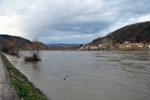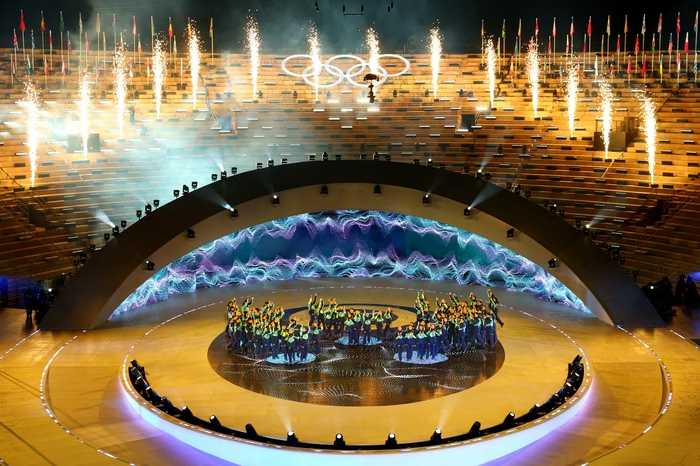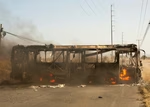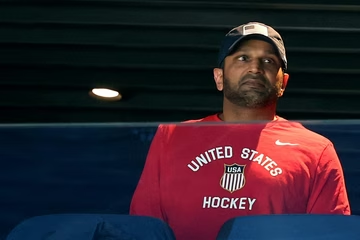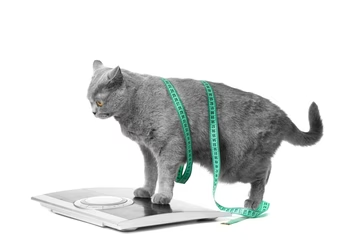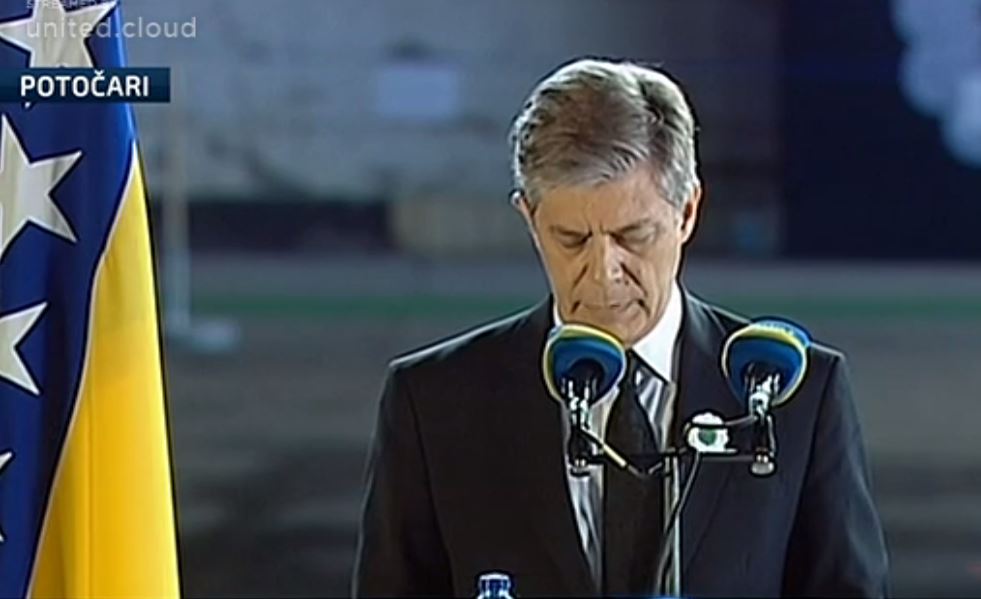
As Europeans, we can only bow our heads for allowing the events in Srebrenica to take place, European Union's Special Representative in Bosnia Lars-Gunnar Wigemark said commemorating the remains of 33 Srebrenica genocide victims on Thursday, in the Eastern-Bosnian town of Potocari where the Memorial cemetery is located.
“Genocide denial is contrary to European values and this is a direct quote from the European Commission's recommendation for Bosnia's accession to the European Union. The EU itself is based on the concept of the recognition of the Holocaust and the obligation to never allow such a dark chapter of history to happen again,” Wigemark said adding that Srebrenica is a wound that opens every time when crimes committed in this area are denied and when perpetrators are glorified.
“Mothers of Srebrenica have lived with the act of extermination of their sons, brothers and husbands and the brutal intent and systematic killing for the past 24 years,” he said and added that “6.643 victims were identified so far and our thoughts are with them. Our thoughts are also with the survivors, their families and friends of those who were imprisoned and killed in the area which they believed was the UN's safe zone.”
The Swedish diplomat called on Bosnian politicians and leaders from the region to show responsibility for what happened in Srebrenica with their example.
“The denial of already determined facts, denial of international courts' verdicts never helped shed light on facts. I call upon you to create an environment which would facilitate reconciliation (in the region).
In April 1993, the UN had declared the besieged enclave of the eastern Bosnian town of Srebrenica a safe area under UN protection.
However, in July 1995, the Dutch battalion soldiers failed to prevent the town's capture by the Bosnian Serb forces and the massacre that followed.
More than 8,000 Bosniak men and boys were killed in the days following July 11, 1995, and so far the remains of more than 6,600 have been found and buried.
The International Criminal Tribunal (ICTY) for the Former Yugoslavia and the International Court of Justice later ruled that the massacre was an act of genocide.
EU's High Representative of the Union for Foreign Affairs and Security Policy and Vice-President of the European Commission Federica Mogherini and European Commissioner for European Neighbourhood Policy and Enlargement Negotiations Johannes Hahn published a joint statement on this occasion saying 24 years later, the tragedy is still haunting.
“It is our shared duty to always remember Srebrenica, one of the darkest moments of humanity in modern European history. While remembering, we have the responsibility to firmly anchor peace and ensure a stable future for all people living in Bosnia and Herzegovina and the wider region. We need to end impunity and overcome the legacies of the past,” officials said.
“There is no place for inflammatory rhetoric, for denial, revisionism or the glorification of war criminals. Attempts to rewrite history in Bosnia or anywhere are unacceptable. While Bosnia and Herzegovina has expressed its desire to become a member of the European Union, the priority is for all political leaders in the country to work actively towards the promotion of dialogue and respect,” they noted.
In the end, the two concluded that the EU remains committed to supporting Bosnia in establishing a society where pluralism, justice and human dignity prevail.
Kakvo je tvoje mišljenje o ovome?
Učestvuj u diskusiji ili pročitaj komentare





 Srbija
Srbija
 Hrvatska
Hrvatska
 Slovenija
Slovenija












